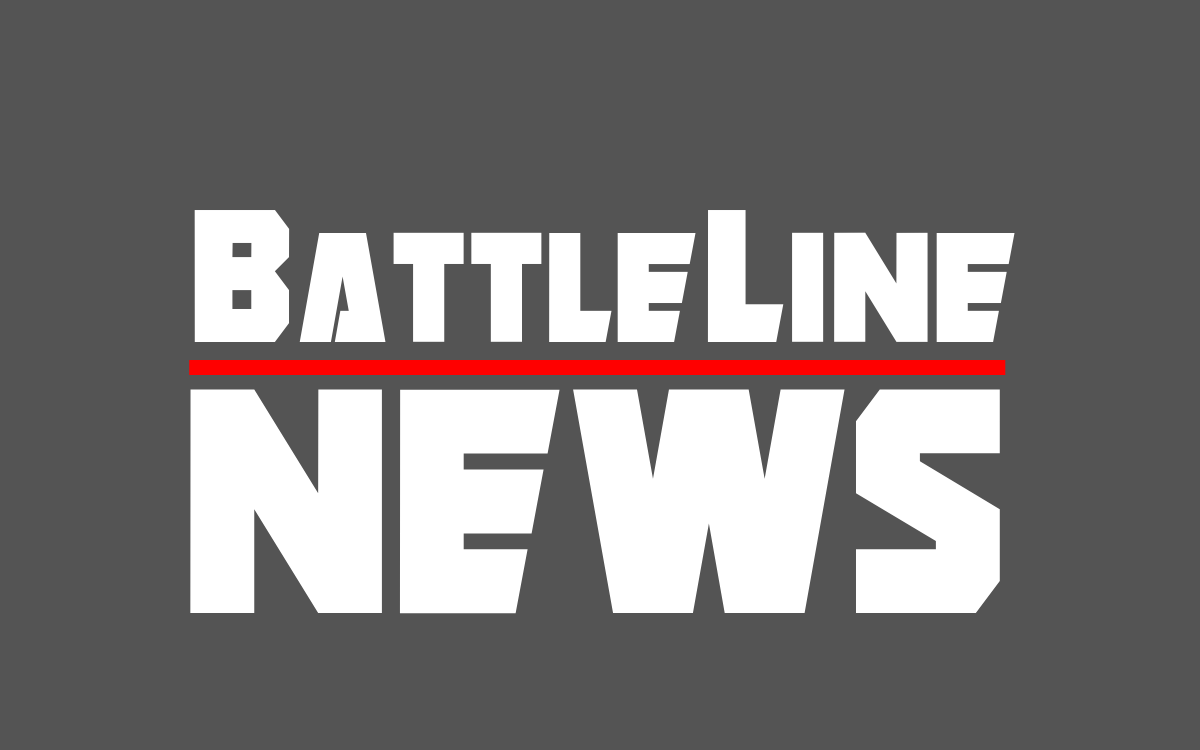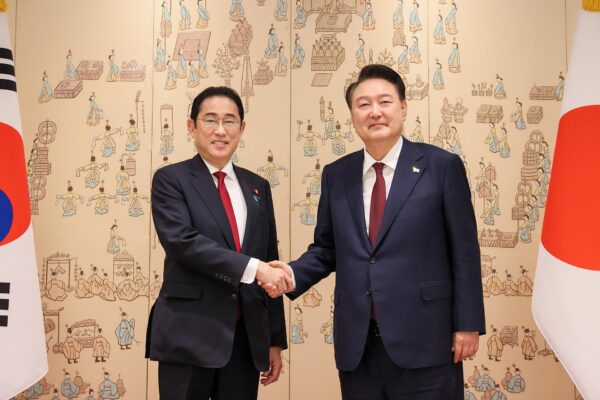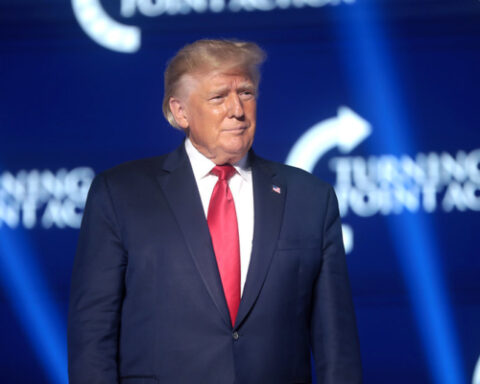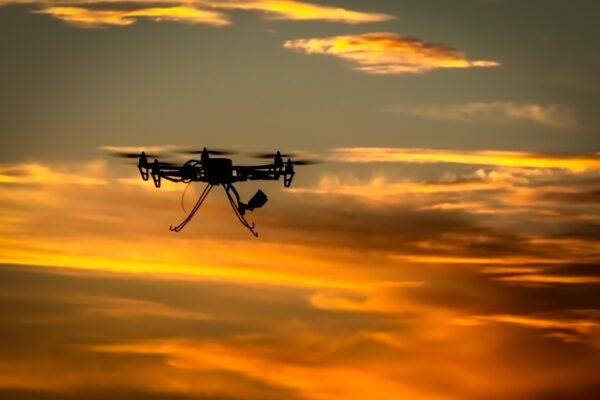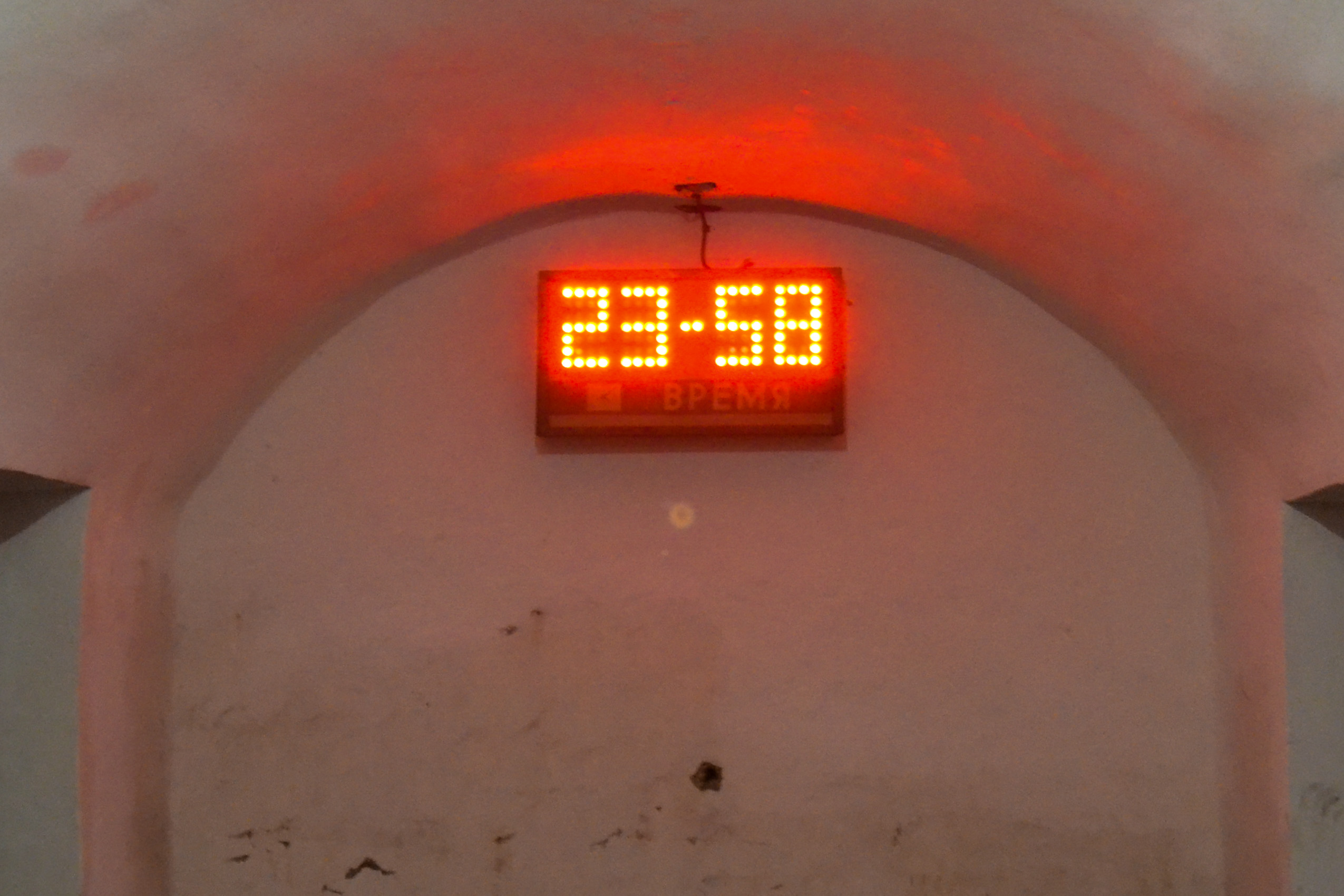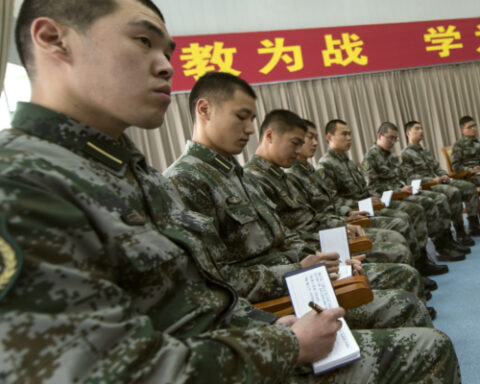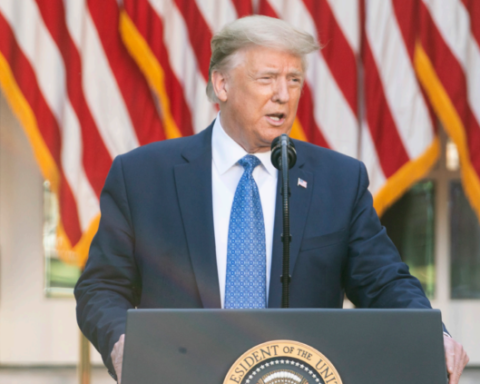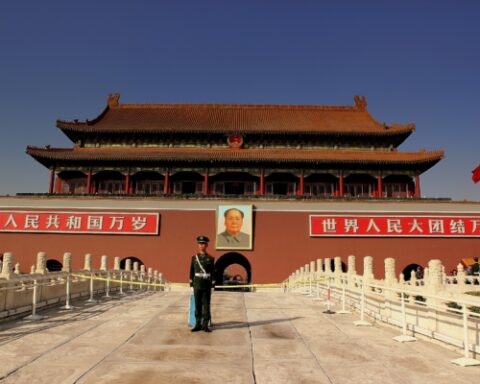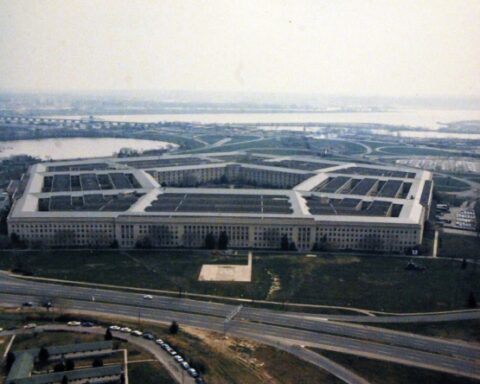Following one of the nation’s most turbulent chapters in recent years, the legislature of South Korea impeached President Yoon Suk Yeol for his decision to briefly institute martial law in the country.
This action has now initiated a months-long process to potentially select a new leader.
The lawmakers voted 204 to 85 to impeach Yoon, who will be promptly stripped of his presidential powers, requiring a two-thirds majority.
Eight invalid ballots were cast, while three individuals refrained from voting.
The conservative president was unsuccessfully impeached in a vote that took place last weekend. In the interim, Han Duck-soo, the country’s prime minister and a former ambassador to the United States who received his education at Harvard, will assume the role of acting president.
Yoon acknowledged that his tenure as president has been suspended and expressed disappointment that his previous endeavors “may have been in vain” in a prerecorded television address following the vote on Saturday.
Yoon will not be removed from office until the impeachment vote is reviewed and certified by South Korea’s constitutional court.
The court has the authority to make a decision within six months, although it has previously made impeachment decisions in a significantly shorter timeframe. A emergency election would be conducted within 60 days if the ruling is upheld.
Lee Jae-myung, the leader of the left-leaning Democratic Party and Yoon’s archnemesis, is the undisputed front-runner in an emergency election. He was the driving force behind the drive to impeach the president.
Lee’s support was estimated to be 52% in a recent poll, with the leading conservative at approximately 10%.
Lee would introduce a distinct perspective to South Korea’s foreign policy: He would prioritize engagement with North Korea, greater autonomy from the United States, a more equitable relationship with China, and a more assertive stance toward Japan.
Seoul rekindled diplomacy with Tokyo, fortified its relationship with the Biden administration, and established unprecedented military coordination between the U.S., Japan, and South Korea following Yoon’s appointment in 2022, following a left-leaning predecessor.
For instance, Seoul’s missile-radar systems were first integrated last year. Yoon has also adopted a confrontational approach toward the regime of North Korean leader Kim Jong Un.
[READ MORE: New Jersey Homeowners Threaten to Shoot Down Mysterious Drones on Their Own in Light of Government Inaction]
